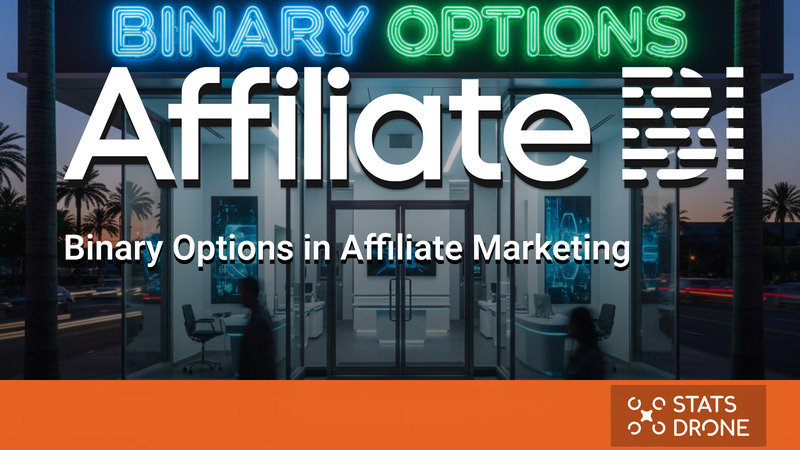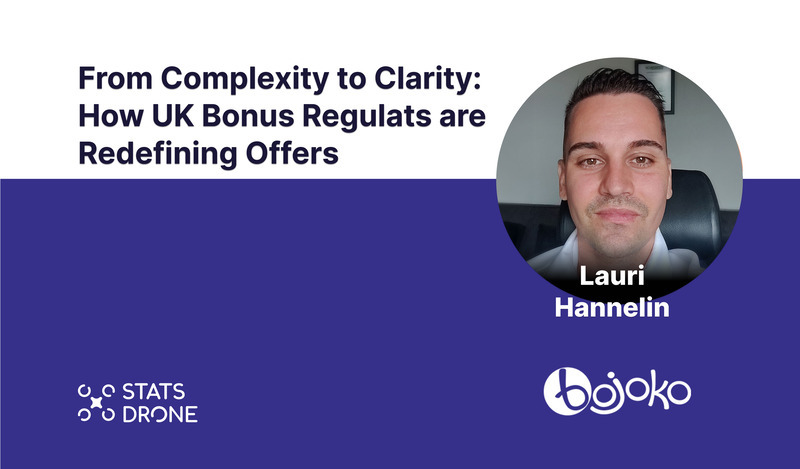What makes a great casino affiliate site in 2025 and beyond
The casino affiliate industry in 2025 isn’t what it used to be, but that’s a good thing! Google’s algorithm updates, the rise of decentralized casinos, changing player expectations, and stricter regulatory frameworks have fundamentally reshaped the industry.
Today, we are joined by Paul Puolakka, CMO at Mr. Gamble, to get a first-hand perspective on what makes casino affiliate marketing tick.
Paul, what’s the biggest change you’ve seen in affiliate marketing over the past year?
I’d say the days of cookie-cutter review sites are done. Players are smarter. They don’t just want to know if a site has a bonus or supports Visa cards. What we’re seeing now is a shift toward experience-based content. That means real walkthroughs, first-hand testing, and players sharing their feedback directly.
When we launched our Mr. Gamble Forum, our goal was exactly that: to let players share their own unfiltered opinions about the latest game titles, promotions, and casino brands. You’d be surprised how in-depth content can be when it’s written by someone who actually played at the casino, and not just a copywriter spinning a script.
Today, our forum sees daily activity from more than 12,500 members! The Casino User Reviews subforum, which is our liveliest hangout space, has more than 44 thousands posts. Every thread has at least 50 replies. That was beyond our wildest expectations.
Trust has become a major theme in affiliate content. How do you tackle that?
Trust is everything. We’re very upfront about our business model. Yes, we earn from affiliate commissions, but we also show unbiased community scores. The goal is to be as helpful to players as possible.
Take a look at Casino Guru, for example. They not only list casinos by user reviews, but also have a dedicated complaint resolution center and a casino blacklist. For an affiliate whose bread and butter involves maintaining good relationships with gaming sites, this takes guts.
Localization seems to be a big focus for a lot of affiliates in 2025. Why does that matter so much?
Because players expect content that speaks to them directly. It’s not enough to translate your site into Spanish or change “color” to “colour” for British users. Localization today means integrating regional payment methods, filtering offers by licensing jurisdiction, and using country-specific bonus codes and terms. If a Brazilian player sees a bonus with Skrill instead of PIX, they’ll likely bounce.
That’s why our geo-personalization engine adapts content dynamically based on the user’s region and device. We’ve learned that hyper-local pages convert way better than global ones.
Everyone talks about UI/UX, but what actually works for affiliates?
Clean design is important, but what moves the needle is microcopy. Those little pieces of text between the lines (on buttons, next to CTAs, or in headers) is where we build trust and drive clicks. A phrase like “No ID required at these sites” can reduce bounce rates dramatically.
It’s not about selling harder. It’s about speaking the player’s language. You need to understand what they’re afraid of. Is it slow withdrawals? Complicated terms? Just answer that upfront, no fluff. In that regard, AskGamblers is a shining beacon. Most of their CTAs are two words max: “Claim $10”, “Discover Bonuses”, or simply “Get.” It’s as clean as they come.
“Gamification” has been around forever. Is it still relevant?
It feels like “gamification” has been a go-to buzzword for as long as the Internet has existed. There’s barely a single iGaming conference these days without someone mentioning “gamification” on stage. To quote Blades of Glory, “no one knows what it means, but it’s provocative.”
Some affiliates add things like XP points for reading or rating content, monthly giveaways for active users, and even some Web3 perks. But it only works if it ties into a larger community. The point is to make the user feel like they’re part of something. Not just visitors, but participants. That’s how you create loyalty.
How do you keep up with casino changes, especially when some operators change their terms overnight?
Great question. From what I’ve gathered while talking to other affiliates, there are crawler bots that monitor terms of service pages and bonus pages on a daily basis. If a casino alters its wagering terms, the affiliate’s team gets alerted immediately.
Combine that with forum feedback, player complaints on social media, and internal rankings, and you get a pretty accurate picture of who’s slipping and who’s stepping up. As I’ve already mentioned, some affiliate sites even publish blacklists. That’s risky, but when a brand stops paying players, you need to protect your users.
What about traffic? Has SEO changed in 2025?
Drastically. We’re now optimizing for zero-click search: things like featured snippets and Google’s AI-generated answers.
We’ve had about 1.5 million readers per year, give or take, which is incredible from the viewpoint of old-school SEO. But it’s not just about getting users to visit anymore. The goal is to own the answer space entirely. That said, companies should also look at expanding to TikTok, Instagram, and YouTube Shorts. Gen Z doesn’t search the way older players do. They use social media and streaming platforms to discover everything, including casinos.
This is something that we understood early on, and now we have more than 400,000 total hours watched across social media platforms. The bottom line is, if you’re not visible where your audience hangs out, you’re invisible. Period.
Last question. What’s the one thing every new affiliate should focus on in 2026?
Turn your inner marketer off. Think like a player. Ask yourself: would I trust this site if I landed on it for the first time? Would I find what I need in under 10 seconds? Would I come back tomorrow if I didn’t sign up today? If the answer to any of those is “no,” go back to the drawing board.
It’s not easy, I can tell that from my personal experience. But I feel that the best affiliates don’t mindlessly chase traffic. They build platforms that players trust, and the traffic follows.

